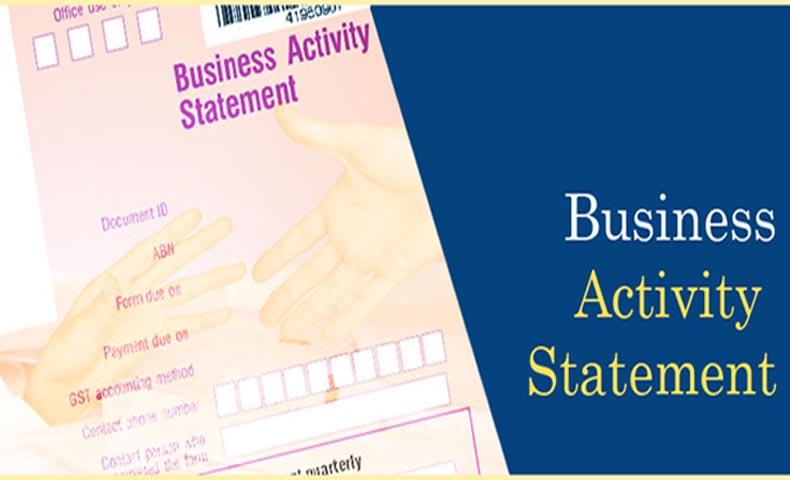
When it comes to doing your own tax return, there are a lot of things to think about. In an ideal world, you would complete your tax return as accurately as you can, both to avoid fines for non-compliance and to minimise the amount of tax you have to pay. However, this isn’t always done. The main reason for mistakes on your tax return is simply a lack of knowledge. Unless you choose to use an accountant to do your tax return for you, you need to make sure that you understand every aspect of what you are required to do.
If you own a business, no matter what its size, you will probably be required to complete business activity statements (BAS). You are required to complete a BAS if your business is registered for GST, no matter how big or small it is.
What Is A BAS?
When it comes to tax returns and accounting, the business activity statement is probably the thing which scares business owners the most. They are required to be completed either every month or every three months, depending on what sort of business you have and what your reporting requirements are.
A BAS provides a simple way for you to report your business’s financial state to the Australian Tax Office (ATO) regularly and accurately. There are a number of things that your BAS should include, such as:
Goods and services tax (GST) – You will be required to report all GST that you have charged your clients or customers so that the ATO can work out how much you owe them.
PAYG income tax installments – PAYG installments allow the ATO to accurately monitor the amount of tax are likely to owe them at the end of the financial year. They allow you to regularly pay tax throughout the year, rather than having to pay a lump sum at tax time.
PAYG tax withheld – Under this section of your BAS you need to report any tax you have withheld from the wages of any employees that you have or have had.
Fringe benefits tax (FBT) – You need to report under this section if you have paid any fringe benefits totalling more than $3000 in the past year.
Luxury car tax – In some cases, you may need to report and pay luxury car tax as part of your BAS.
Wine equalisation tax – If you are a manufacturer, wholesaler, or importer of wine, you will need to report this on your BAS.
Fuel tax credits – If you are registered for fuel tax credits (which allow you to claim a portion of fuel tax back from the cost of most fuel used by your business), then you need to report information related to this in your BAS.
What is the best way to complete a BAS?
Although they can be completed at home or in the office by people without accounting experience, it is usually a good idea to use an experienced accountant to complete your BAS for you. If you don’t, you risk making mistakes or missing out on certain tax benefits.






